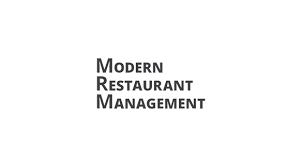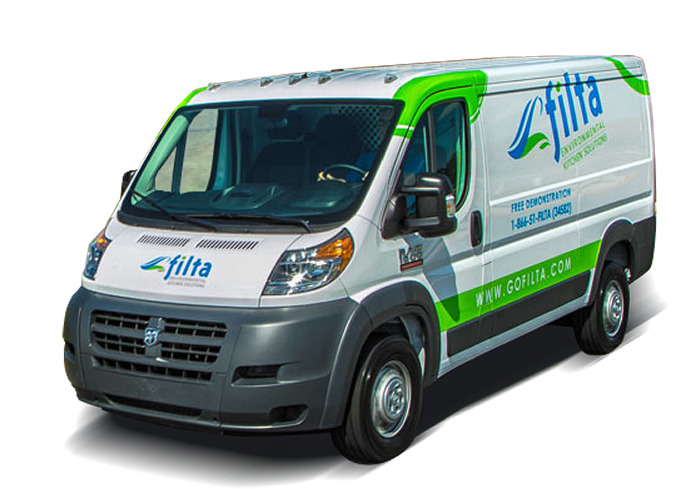As a restaurant owner, you understand the importance of smooth operations in your kitchen. One often overlooked yet crucial component that plays a significant role in maintaining a trouble-free kitchen is the restaurant grease trap. In this guide, we will delve into what a grease trap is, the importance of its maintenance, and the techniques for keeping it in top condition.
Understanding the Restaurant Grease Trap
A grease trap, also known as a grease interceptor, is a specialized tank attached to the drain line of your business. Its primary purpose is to capture fats, oils, greases (FOGs), and solids that flow down kitchen drains. It accomplishes this through a double-chambered tank design. Here’s how it works:
- Double-chambered tank: The grease trap features two chambers. The first chamber allows the incoming wastewater to settle. In this chamber, fats and oils rise to the top, while solids sink to the bottom.
- Separation of FOGs and solids: In the first chamber, the separation process occurs naturally. This then allows the relatively cleaner water to continue to the second chamber.
- Efficient discharge: The second chamber holds the mostly FOG-free wastewater, which then drains out of the grease trap. This design prevents FOGs and solids from entering your plumbing system and causing blockages.
The Consequences of Neglecting Your Grease Trap
A restaurant grease trap is a vital component of your kitchen, but when not properly maintained, it can lead to various issues. Food waste that accumulates in the grease trap can release hydrogen sulfur gas, resulting in a strong grease trap smell. Moreover, the inside of the grease trap can become damaged over time, necessitating costly repairs or replacements.
Grease Trap Maintenance
Preventive maintenance is key to keeping your commercial grease trap in optimal condition. One technique that helps is to regularly pour a cup of baking soda down the kitchen drain, followed by a cup of vinegar. Wait for about ten minutes and then flush the drain with boiling water. You can enhance the scouring effect by adding a half-cup of coarse salt prior to the baking soda. This natural remedy helps break down FOGs and prevents buildup.
Regular cleaning of your grease trap is essential. The frequency of cleaning can vary depending on the size of your restaurant and its usage. Hiring a drain cleaning service can help reduce the need for maintenance, prevent backups and clogs, and avoid health hazards like drain flies and other contaminants or pests.
In general, you should consider cleaning your grease trap every 1 to 3 months. Here’s a step-by-step guide on how to do it:
- Gather supplies; you’ll need rubber gloves, nose plugs or a face mask, scrapers, buckets, a shop vacuum, a crowbar or wrench, and watertight garbage bags.
- Carefully remove the cover of the grease trap.
- Make note of the location and arrangement of all the grease trap’s components. Measure the depth of the waste and record it; this information may be required for reporting to the Environmental Protection Agency (EPA).
- Scoop out the water from the grease trap and set it aside in a bucket to be added back after cleaning.
- Using your scraper, scoop out the accumulated food waste and deposit it into the garbage bags.
- Scrub the inside of the grease trap with soap, water, and a steel pot scrubber. Ensure that all fat, oil, grease, and solid residue are removed.
- Use a shop vacuum to remove any small bits of food waste in hard-to-reach spots.
- To ensure the drain is clear, pour clean water down the kitchen drain and observe its flow.
- Reinstall any components of the grease trap that you had removed during the cleaning process.
- Secure the cover of the grease trap.
- Properly dispose of the bagged food waste in accordance with local regulations.
Let Filta Help Keep Your Drains Clean
We’re pleased to offer commercial kitchen owners like you our FiltaDrain commercial preventative drain maintenance service. Using an environmentally friendly probiotic drain maintenance foam, we help prevent buildup of FOGs in your drain lines and grease traps, with regular appointments scheduled for your convenience. We also offer deep fryer oil filtration and cleaning, cold storage humidity control, and commercial kitchen deep cleaning services. Request a free demo today and learn what Filta can do for your commercial kitchen.












